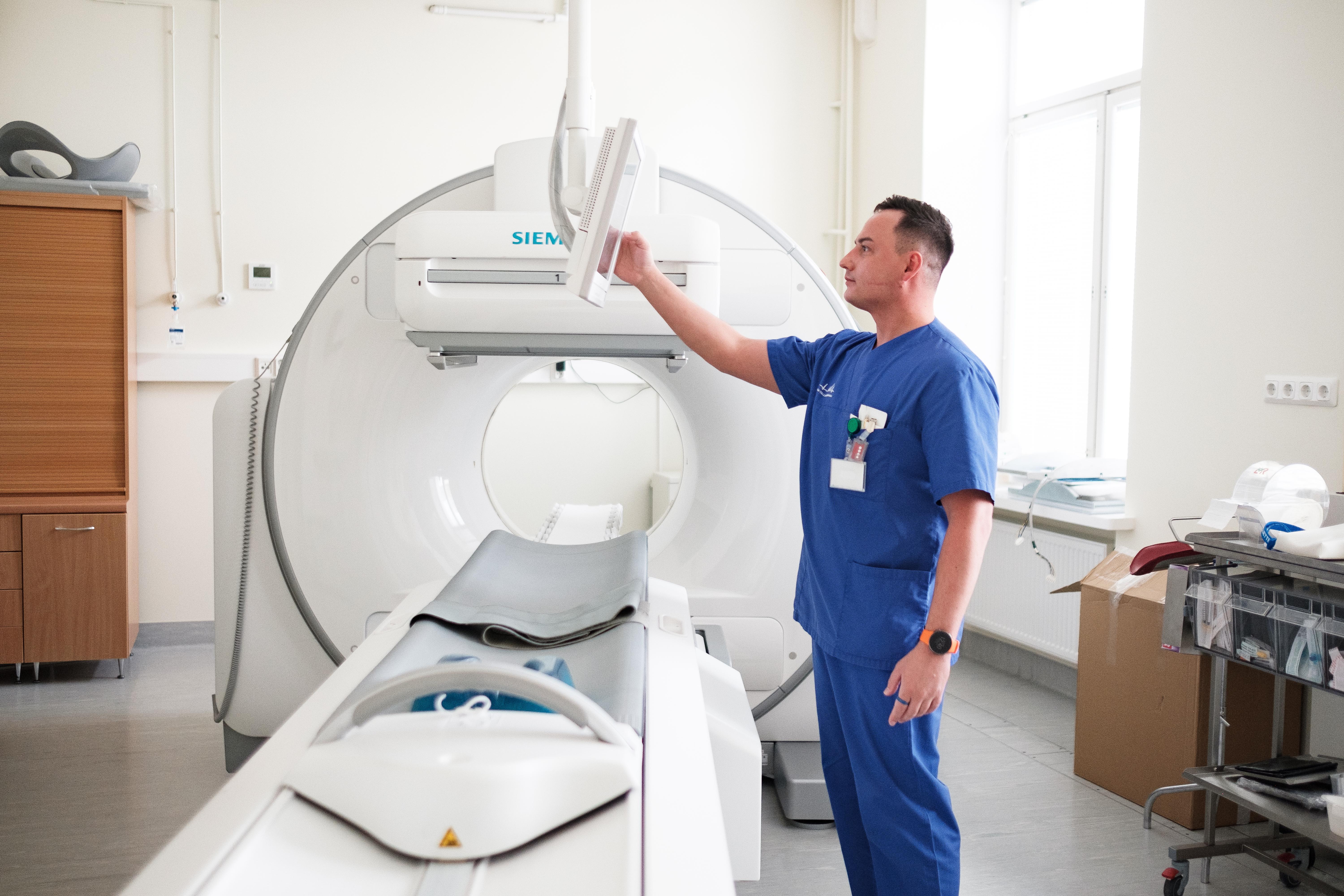International symposium on nuclear medicine to be held from 23-24 September by East Tallinn Central Hospital
From 23-24 September, an international hybrid isotope treatment symposium will be held in the hall of the Estonian Academy of Sciences led by East Tallinn Central Hospital. The aim of this symposium is to share the latest evidence-based information about modern tumour therapy with nuclear medicine physicians, oncologists and urologists in order for them to be able to better navigate the various isotope treatment options for malignancies.

From 23-24 September, an international hybrid isotope treatment symposium will be held in the hall of the Estonian Academy of Sciences led by East Tallinn Central Hospital. The aim of this symposium is to share the latest evidence-based information about modern tumour therapy with nuclear medicine physicians, oncologists and urologists in order for them to be able to better navigate the various isotope treatment options for malignancies. The first day of the event is dedicated to the treatment of prostate cancer.
Anne Poksi, Head of the Nuclear Medicine Centre at East Tallinn Central Hospital, will give a presentation at the symposium entitled "Possibilities for isotope treatment of prostate cancer in Estonia".
“Over the years, East Tallinn Central Hospital has been at the forefront of molecular imaging and the isotope treatment of prostate cancer. We want physicians of related specialties to be aware of the latest trends in isotope diagnostics and treatment of prostate cancer, ensuring the best possible treatment results for the patients,” explained Anne Poksi.
The lecturers on the first day of the high-level hybrid symposium include oncologist Helis Pokker of the North Estonia Medical Centre Foundation and professors of nuclear medicine Irene Virgolini (Austria), Mike Sathekge (South Africa) and Homer Macapinlac (USA). This day will be moderated by Kalevi Kairemo, professor of nuclear medicine from Finland.
The second day of the symposium will focus on introducing a new direction of isotope therapy – theragnostics. On this day, lecturers include professors Steven M. Larson from the USA, Partha S. Choudhary from India and Andrew M. Scott from Australia. Barbara Hertz (USA), daughter of the author of the idea of radioiodine therapy, Dr Saul Hertz, makes a turn to the roots of theragnostics with her presentation.
“In treating a patient, cooperation between physicians of different specialties is extremely important; only this way is it possible to achieve the best results for the patient,” emphasises Eve Kelk, one of the organisers of the symposium and chief physician in the field of isotope therapy of the East Tallinn Central Hospital Nuclear Medicine Centre. “Important decisions on initiating and changing treatments are always made by a multidisciplinary team.”
In 2018, East Tallinn Central Hospital was the first in Estonia to start molecular imaging of prostate cancer with a prostate-specific membrane antigen (PSMA) and treatment of advanced prostate cancer with the radioactive 177-lutetium-PSMA. In addition, isotope treatment with 223-radium is used for cases where the disease has spread to the patient’s bones. At East Tallinn Central Hospital, the treatment of prostate cancer is handled by a multidisciplinary team, which includes urologists, oncologists, pathologists, radiologists and nuclear medicine and radiation therapy physicians.
 Terviseportaal
Terviseportaal